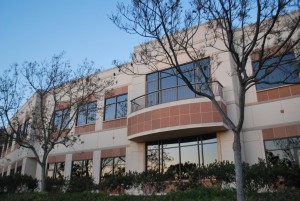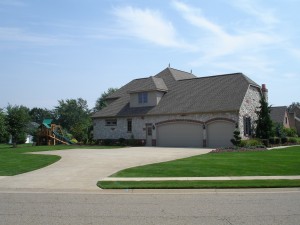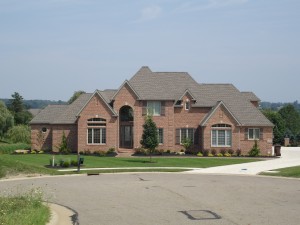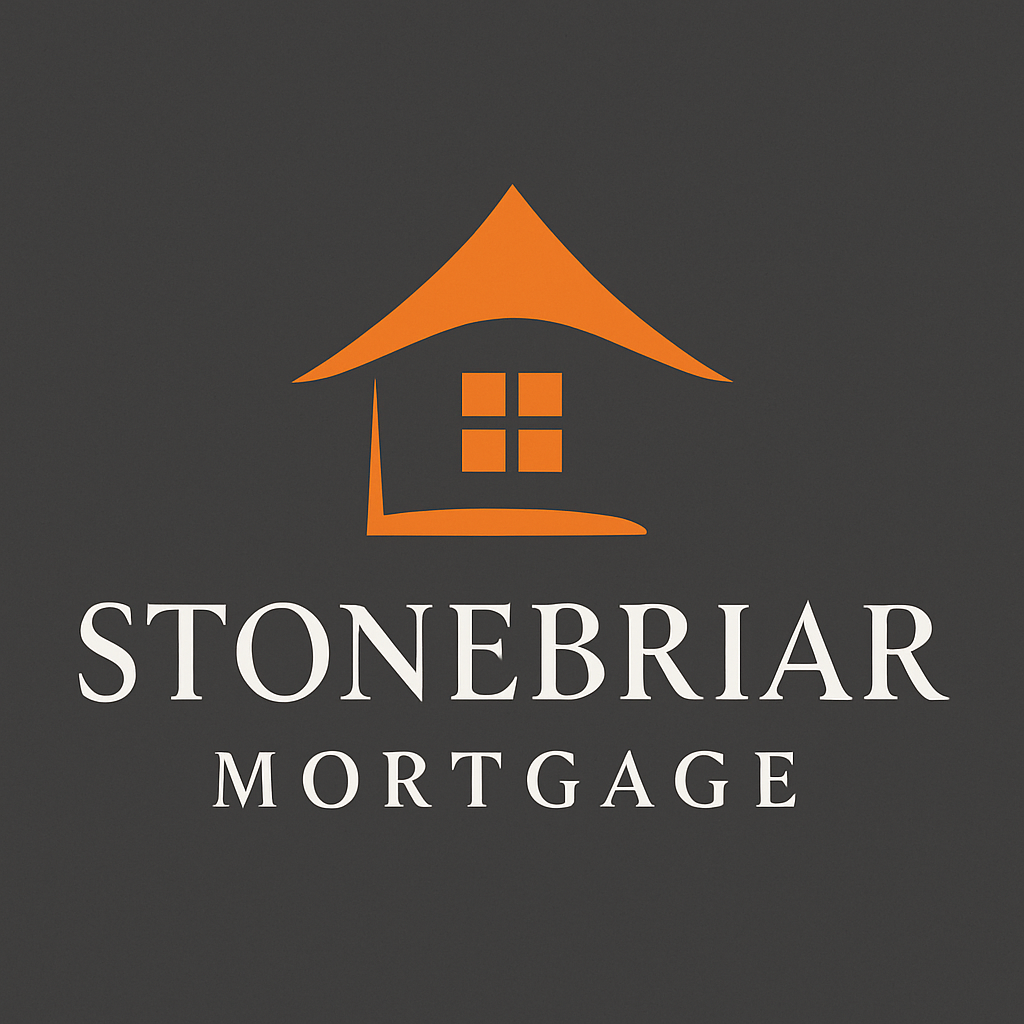
No document loans can be a great solution for borrowers who want to invest in property but have little to no documentation. Many private lenders offer this unique financing option. Commonly known as “no-doc mortgages” or “no-doc loans,” these loans accept a variety of alternative financial documentation. No document loans are your path to home financing without the traditional income documentation, learn more about investing in a Dallas, TX or California home from Stonebriar Mortgage. We can help you find the right lender to start your journey to investing in real estate.
The Essentials of No Documentation Loans
With this type of loan, you are still not excluded from reviewing proof of income. Private lenders will take on risk when providing a mortgage; they must be diligent in ensuring that you can make the mortgage payments. Ensuring that you can pay off your loan is critical to your future.
Stonebriar Mortgage has worked with many clients to avoid risks inherent in some of the no documentation loan programs. A no documentation loan will typically have a higher interest rate than with traditional programs that require more paperwork. This higher rate offsets the level of risk for the bank. Many lenders will also ask for a larger down payment during the approval process.
Documentation such as asset, employment, income from other investments, and other information may be required during the process. Financials will vary depending on the type and size of the loan that a client seeks. Other factors also impact rates, if you have a strong credit score, then this can benefit you. A bank will also want to appraise the property that you seek to purchase. Stonebriar Mortgage will work by your side through closing to find the right financial solution.
The Perks of a No Documentation Loan
Obviously, many homebuyers will choose to work with a no-doc loan because they have difficulty showing their wealth and income on paper. Self-employed people are a target client for a no documentation loan, since they lack some documentation of taxable income. Instead, they may use their savings or at least six months of claimed income in reserve as documentation. Other people can use profit and loss statements and bank statements from their self-owned business.
Some people use no-doc loans to keep their financial history and tax filings private from the lender. If you do this, you may end up with a higher down payment and interest rate. However, your private information will be protected from other predatory lenders who may have an interest in gaining from your wealth.
Finding the Right Mortgage Today
No doc loans are not your only option. Stonebriar Mortgage also works with traditional mortgage programs and can help you weigh the pros and cons of no documentation loans. Depending on your goals in owning real estate, we can help you find the right home and the right mortgage. We work with clients across Dallas, TX and California, which are high value real estate markets. Get started on investing in the booming real estate market. Contact our professional team in Dallas, TX or California today!




